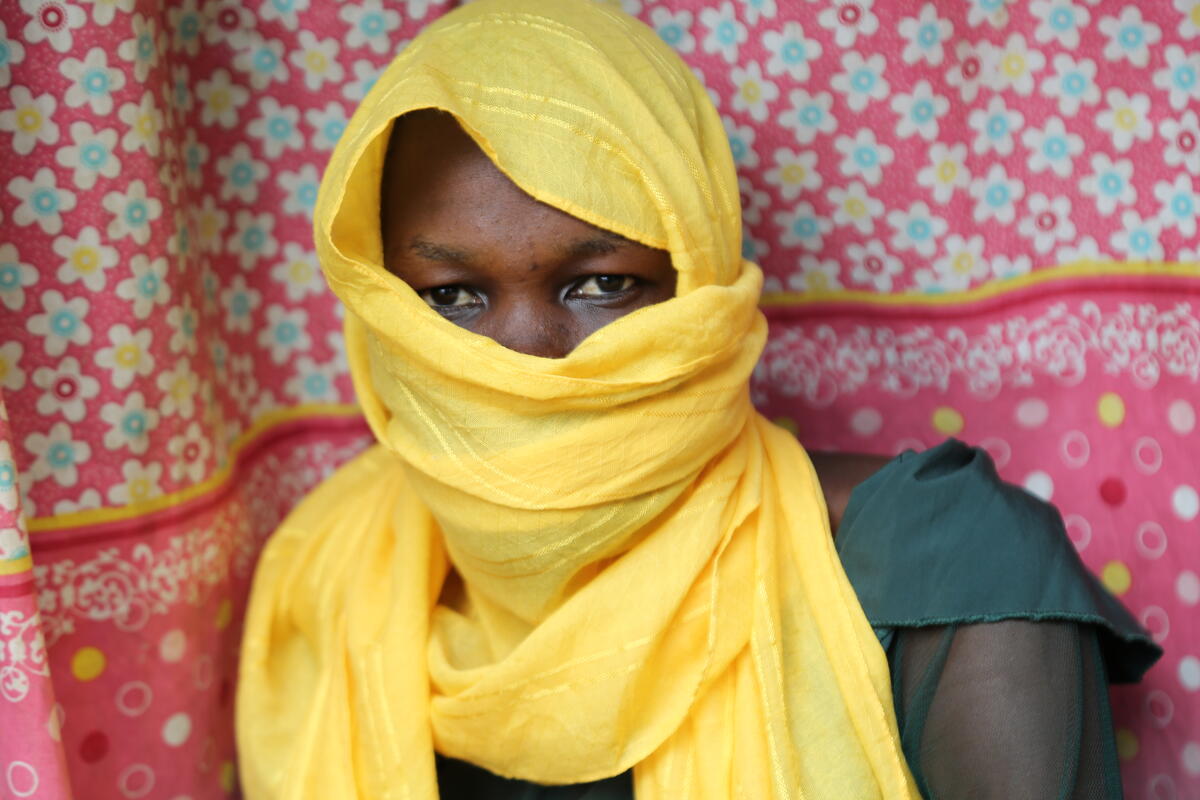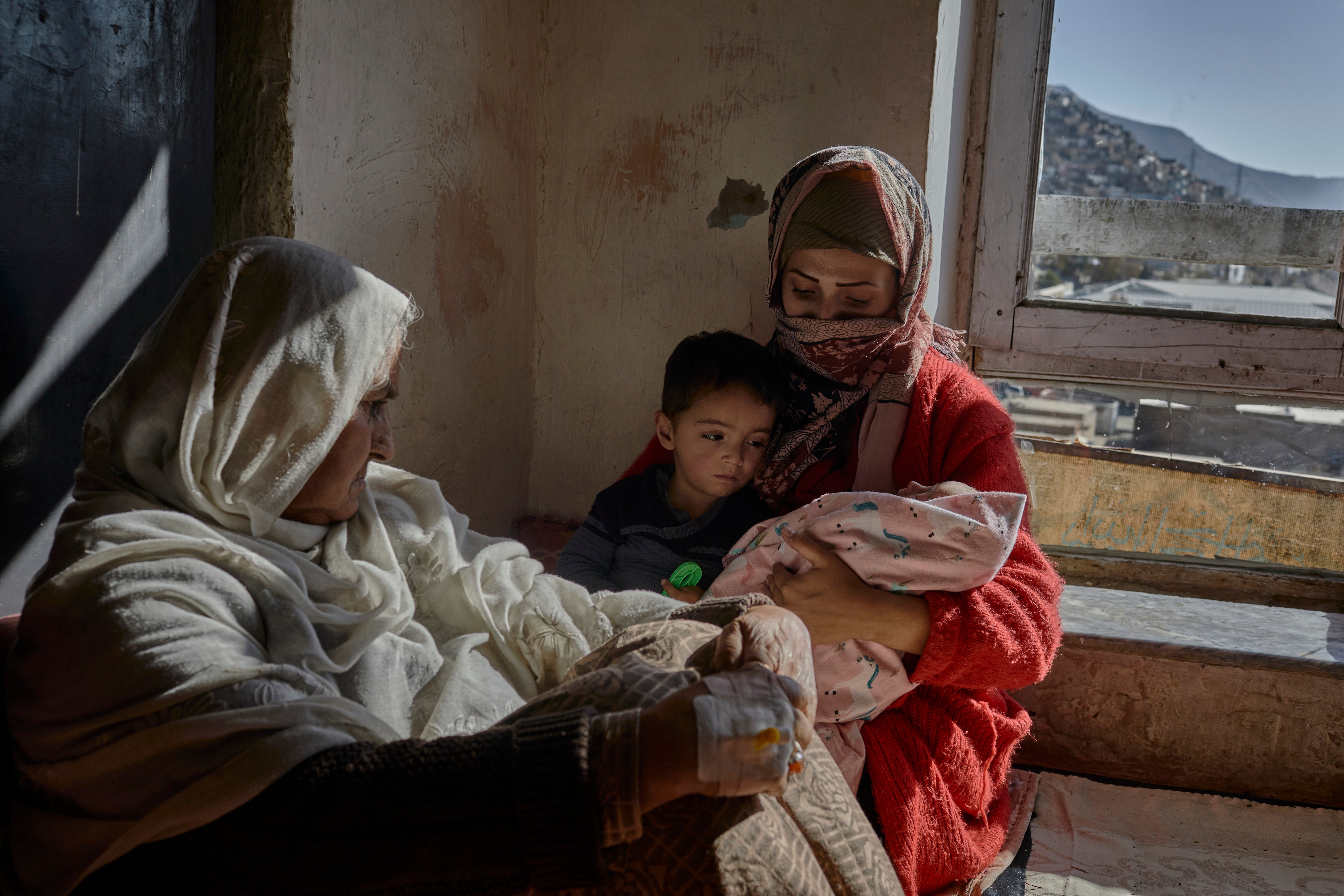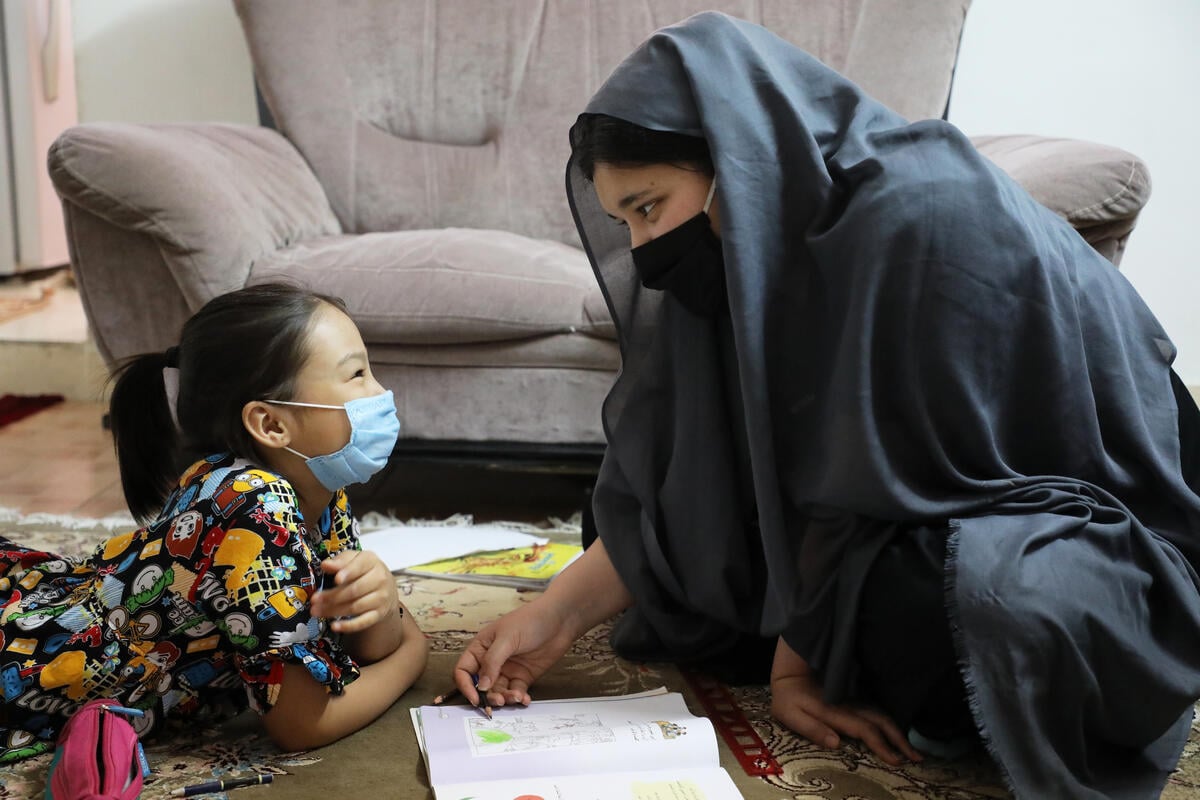UNHCR, UNFPA fund surgery for refugee and local women in Chad
UNHCR, UNFPA fund surgery for refugee and local women in Chad
ABECHE, Chad, March 17 (UNHCR) - They are often treated as second-class citizens in refugee camps and in society. But for the past three weeks, 60 women and girls have been receiving first-class medical care in a hospital in eastern Chad, thanks to a project by UNHCR and the UN Population Fund to help vesico-vaginal fistula patients.
Fistula is a health problem that occurs when the wall between the vagina and the bladder or bowel is ruptured due to obstructed labour and women lose control of the bladder or bowel functions. It is found in rural areas where women do not always have access to proper facilities during delivery. It is also common among girls who marry at a very young age - 14 or 15 - and experience early childbirth.
Rape victims are also prone to fistula. Two-thirds of the Sudanese refugee women undergoing fistula treatment at Abéché Regional Hospital in eastern Chad, including a 10-year-old girl, have been raped by Janjaweed militiamen in Darfur - victims of a conflict that has displaced 1.8 million people within Darfur and driven more than 200,000 into neighbouring Chad.
But because cultural taboo surrounding rape is very strong, Sudanese refugee women, as well as their Chadian hosts, are very reluctant to report such cases to medical workers.
"If not reported, it can often lead to more medical complications, added to the physical injuries resulting from assault," says Madani Belhafiane, UNHCR's Reproductive Health Coordinator in Abéché. She added that it is often only when complications occur that fistula is detected. Women don't talk freely about the problem, seeing it as a shameful disease. Affected women quickly become isolated in society and in refugee camps as a result of their incontinence.
"When the women first arrive at the hospital, they all tell the sad story of being abandoned by their husbands and shunned by society," said Fatimé Mahamat Makoum, a midwife taking care of the refugees at the Abéché hospital. "They are not allowed to sit with other women, attend wedding ceremonies and funerals in the camps. They are not even allowed to talk and give their opinion. They are second-class citizens."
The World Health Organization estimates that some 2 million women are living with fistula around the world. Thankfully, it can be treated through reconstructive surgery.
A medical team funded by the UN refugee agency and the UN Population Fund are currently at the Abéché Regional Hospital treating 60 women and girls - 40 of them Chadian and 20 of them Sudanese refugees. The two surgeons from N'Djamena have been in Abéché for three weeks already, performing reconstructive surgery on six patients a day, six days a week.
Out of the 20 refugee women and girls at the hospital, two cases that had earlier been operated on in Sudan proved too complex for the visiting medical team and will need more sophisticated equipment that those available in Abéché. For the other cases, midwife Fatimé is happy to note that no complications have occurred so far and that recovery is going very well.
Mariam (not her real name), a 20-year-old Sudanese woman abandoned by her husband when he discovered she was suffering from fistula, said she will now wait a few years before remarrying. Engaged against her will at the age of 15, she now insists that she will make sure she likes her second husband before getting married.
Others who have suffered from being rejected simply do not want to return to the refugee camps. They want to stay at the hospital in Abéché and keep working with other women affected by fistula.
As for the 10-year-old girl, she is thinking of all the things she will be able to do after the operation. In her mind, recovery has already started and her biggest project when returning to the camp is "to play with other children." But above all she is eager to "attend school and learn to read and write like other girls," she said with a big smile.
Confinement in a tent, added to the trauma of rape, is not an easy experience for the young girl. Yet she is not afraid of the operation because she knows that for her and the other girls and women, it will bring a new freedom.
A similar programme for women affected by fistula in eastern Chad has been planned for June this year.
By Ginette Le Breton in Abéché, Chad









